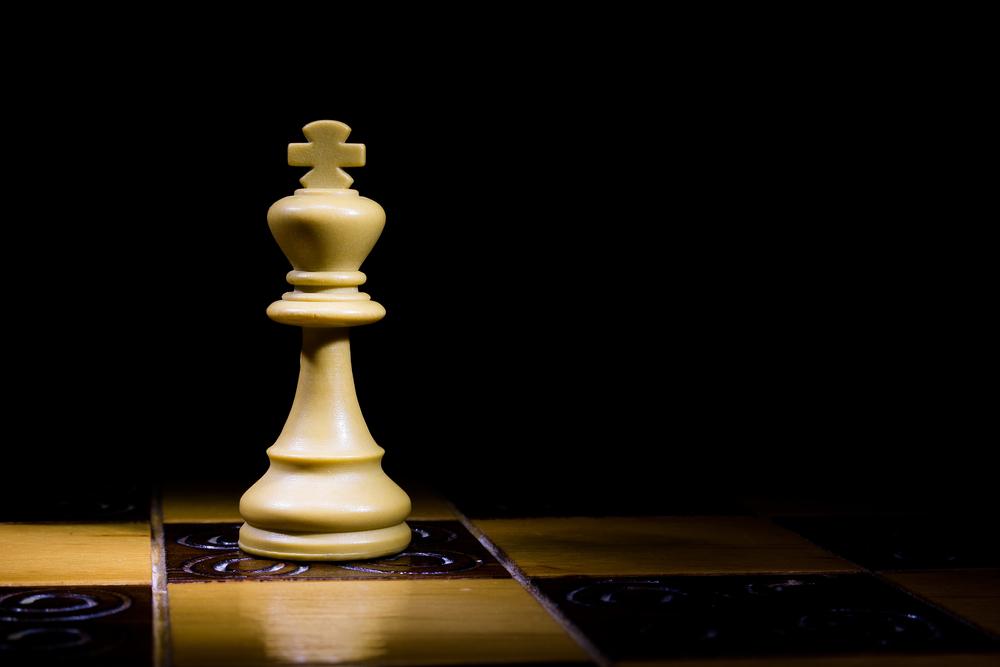
How Not To Hate Endgames
"I detest endgames!" said Dawid Janowski more than 100 years ago. He elaborated further by saying that a good chess game should be decided in the middlegame.
Today such an opinion would make most professional chess players smile, but please remember that Janowski was one of the leading players of his time, who even played in a world championship match!
It shouldn't come as a surprise that many of Janowski's opponents would deliberately go into the endgame at every opportunity.

Janowski usually was bored in endgames, lost his interest and played below his normal strength. One good example:
Capablanca traded the queens earlier in the game just to reach an endgame. Black had a very comfortable position, but apparently Janowski got bored and decided to sacrifice an exchange. After that dubious sacrifice he had to defend the next 60 moves till he resigned in a drawn position!
Yes, the final position of the game is a well-known draw:
Compare it to the next game.
Fischer also had to defend his position for a very long time, but for Fischer the words "chess" and "boring" in the same sentence did not exist, and therefore he was very alert till the end.
Besides, he definitely knew the game Capablanca-Janowski! ![]()
Fast forward to more recent times and we had a similar chess player who just hated endgames. One of the most imaginative attacking players of 1970-80s, GM Victor Kupreichik, never showed his true potential precisely because of his endgame play.

As they say, a picture is worth a thousand words. First, here is the game where Kupreichik had his kind of a position: in other words, he has an attack in the middlegame:
Since we already analyzed this exciting game in this article, here is one more game that proves the point:
Now compare Kupreichik's powerful middlegame attacks to his play in endgames.
How could Black lose the position with two extra, connected pawns?
Again Kupreichik has two extra pawns in the endgame and again he loses! Now you shouldn't be surprised by the opening that GM Agzamov chose for their next game:
It is a shame that such a talented chess player as Viktor Kupreichik suffered his whole chess career due to the deficiencies of his endgame play. The lesson here is simple: if you want to become a really strong chess player, you need to learn how to play endgames!
Fortunately, you are at the right place. We have a lot of useful tools that will help you to become an endgame wizard.

For those of you who just started their chess journey, I would recommend to learn very basic checkmates, like king + queen vs. king. You can practice them here.
When basic checkmates are something you can do with your eyes closed, it is time to proceed to some fundamental endgames. Practice and learn them here.
So now that you know what "opposition"and "outside passed pawn" mean, and how to use them in your games, it is time to learn and practice more sophisticated endgames.
Of course no matter if you are learning how to checkmate with an extra queen or how to use your queenside pawn majority, you should check our online lessons. There you can easily find a topic that should be appropriate for you, since all the courses indicate their target rating.
Endgames are not the most exciting part of chess and therefore many chess players ignore studying them. I hope I have convinced you that if you want to become really good at chess, you must study endgames!






